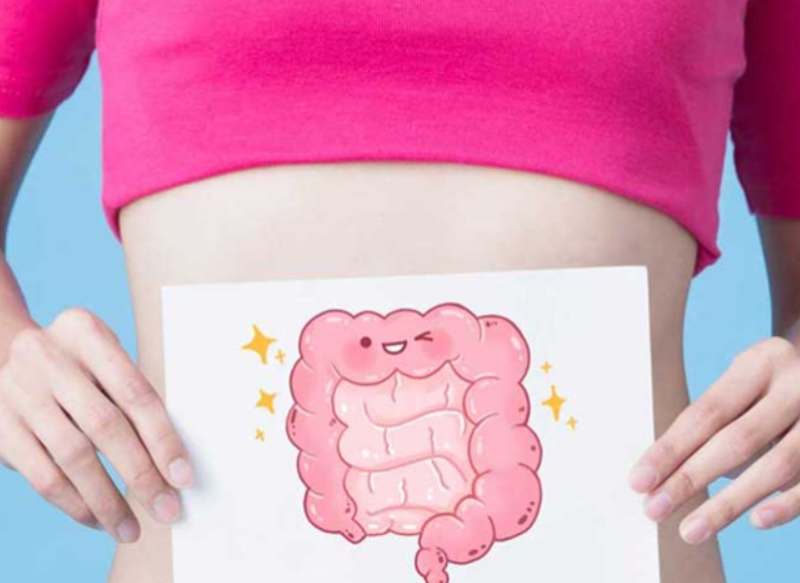Marlena Feizo, a researcher, had nausea during her second pregnancy. They were so intense that she couldn’t eat and felt weak from the vomiting. Doctors assured her that it was all in her brain.
Almost two-thirds of pregnant women suffer nausea or vomiting in the first trimester of their pregnancy, which is known as morning sickness. Severe morning sickness can cause weight loss and dehydration, which can harm both the mother and the unborn child.
Feizo leads a team of academics that have now discovered the hormone that operates on the brain and induces vomiting after decades of investigation. In other words, they believe it is the source of morning sickness.
Nausea and vomiting are frequent throughout the first trimester of pregnancy, but the most severe type, known as hyperemesis gravidarum (HG), develops in roughly 2% of instances, or 1 in 50 pregnancies. Feizo suffered from this ailment, and her experience pushed her to keep looking for the source of the problem.
Find out more about: Healthy And Preservative-Free: A Recipe For Homemade Cherry Juice
She and her colleagues uncovered multiple genetic variations in the GDF15 gene that they linked to the risk of HG and provided proof that GDF15 induces hyperemesis in early 2022. GDF15 levels rise during pregnancy, as they do for many other proteins, and some women appear to be more susceptible to it than others.
Feizo and her colleagues at the University of Southern California’s Keck School of Medicine discovered that GDF15 levels were greater in a sample of roughly 60 women with hyperemesis gravidarum than in a group of pregnant women who were not as affected by morning sickness.
“We can now conclude confidently that higher circulating levels of GDF15 in maternal blood are associated with an increased risk of HG,” Feizo and her colleagues write.
Although no new treatments for hyperemesis have been produced, the revelation that scientists may have discovered the cause should provide relief to pregnant women.
After reading this text you can also read about: Without Eggs, Butter And Milk: A Recipe For A Delicious Vanilla Cake



